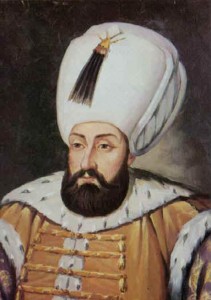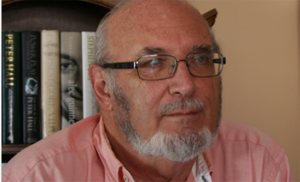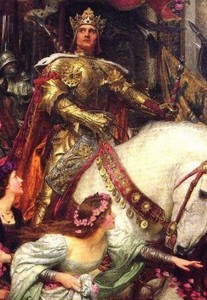Once upon a time . . .the Law of Fratricide
For those of you who are not entirely confident (very few indeed I should judge) in the English language there are a number of useful words that end in -cide. Parricide, patricide, matricide, fratricide and genocide are a few of them. These mean respectively the killing of one’s parents, father, mother, brother and the attempt made to kill a nation’s whole population. You can probably think of nasty examples of each. In a recent post mention is made of one of the Ottoman Sultans – Mehmed I, a.k.a. The Conquerer. This charmer made a Law which said, “To whichever of my sons the Sultunate may be granted, it is proper for him to put to death his brothers, to preserve the order of the world”. (more…)







